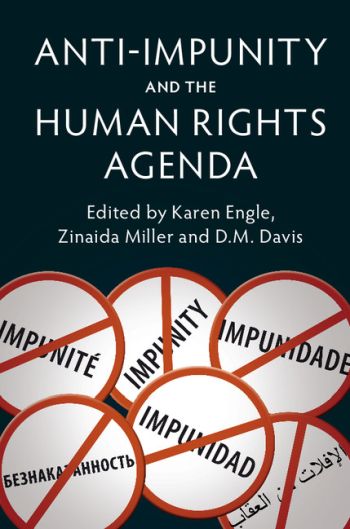
In the twenty-first century, fighting impunity has become both the rallying cry and a metric of progress for human rights. The new emphasis on criminal prosecution represents a fundamental change in the positions and priorities of students and practitioners of human rights and transitional justice: it has become almost unquestionable common sense that criminal punishment is a legal, political, and pragmatic imperative for addressing human rights violations.
This book challenges that common sense. It does so by documenting and critically analyzing the trend toward an anti-impunity norm in a variety of institutional and geographical contexts, with an eye toward the interaction between practices at the global and local levels. Together, the chapters demonstrate how this laser focus on anti-impunity has created blind spots in practice and in scholarship that result in a constricted response to human rights violations, a narrowed conception of justice, and an impoverished approach to peace.